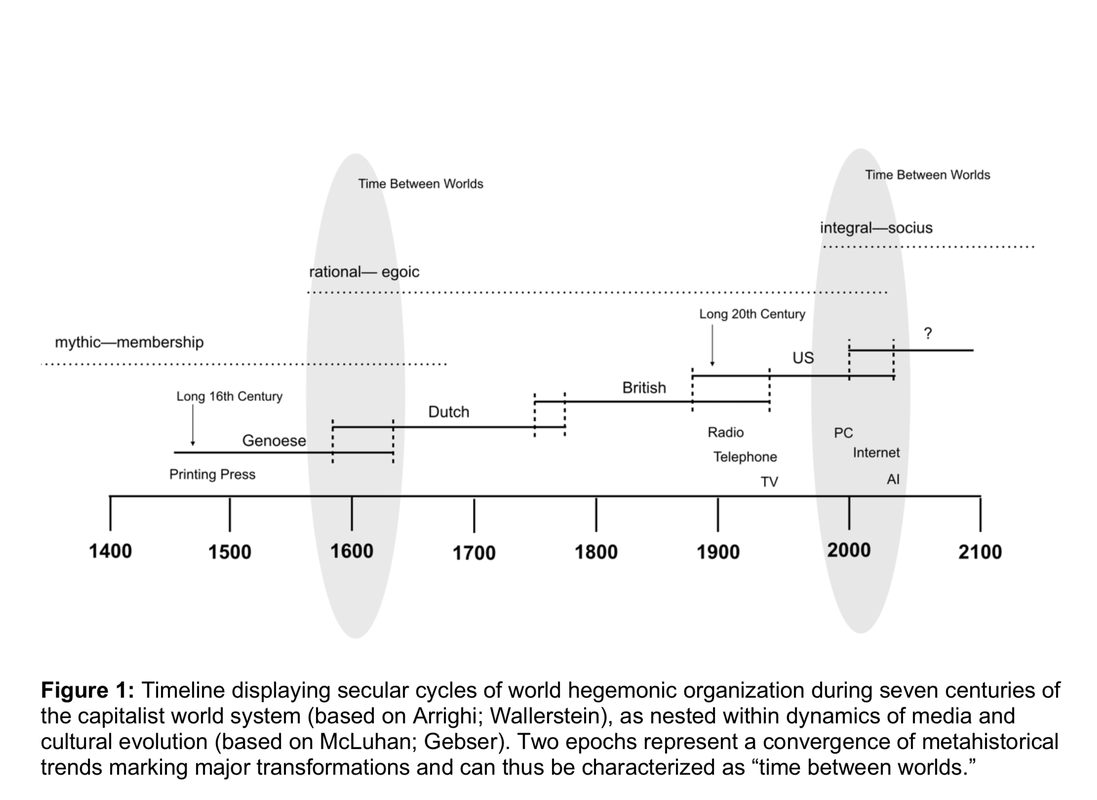second renaissance
about
the "second renaissance" (a.k.a 2R) is a very interesting frame proposed by life itself for understanding/navigating our present age, adding a historical frame to the unique moment and the nature of the metacrisis we're living.
https://secondrenaissance.net/
lots of good resources there, especially for introducing people into more wholistic/critical/actionable ways of thinking about our current age - its beauties, failures, challenges & potentials.
recommended resources/reading
intro - https://secondrenaissance.net/intro
whitepaper - https://drive.google.com/file/d/1m6gA7GKansoJdRZEr1zO6Ds7Hp5rMvo6/view
it's like a summary of hanzi's listening society. great intro.
ecosystem (people in the field with similar/complementary approaches) - https://secondrenaissance.net/ecosystem
everything on the wiki - https://wiki.secondrenaissance.net/wiki/The_Second_Renaissance_wiki
+ there's a research group doing continued work on this project of the 2R and some of its sub-fields (such as deliberately developmental spaces, ecosystem mapping, and more).
why is this relevant and why now?
a related graph proposed by david j. temple, in cosmoerotic humanism, showing how we're at "a time between worlds":

(more comments to be added soon)
my reflections
(as of september, 2024):
the question that arises for me is: is a "second renaissance" possible (in our current day and age) without some "dark age" period? or will we inevitably move towards collapse?
how can we facilitate a graceful descent? and could that descent still really be a "renaissance"?
maybe yes. a material descent/complete makeover and a spiritual/regenerative renaissance?
it deeply resonates. a renaissance full of meaning, flourishing, revival, regeneration. widespread more conscious, challenging, yet nourishing lifestyles and ways of being. metamodern arts, indigenous wisdom, systems and interior sciences show viable ways forward. life itself and my own efforts in mapping emergent initiatives/ecosystems also do.
hopefully we can support a critical yeast to mature quickly and powerfully enough to facilitate this transition gracefully. (related to: mettatropical leadership academy)
why i'm somewhat worried:
if we look at the actual hard data and the systems at the base of our modern civilizations, the major drivers of the metacrisis are there underlying dynamics of exponentialization of existential and catastrophic risks and systems/behaviors that are increasingly exploitative, wealth-concentrating and debasing our ecological substrate.
without any major civilizational-level changes, the trajectory we're headed towards is a collapse (and of the ugly kind), or more hopefully, as nate hagens states, a great simplification.
still, we as a humanity have made major civilization shifts before. i work for/hope that we can consciously navigate it this time.
other perspectives:
although this framing is inspiring to me, to many, especially in the global south, the "second renaissance" may feel/seem like an eurocentric term. so i'd like to also use other terms such as the regenerative renaissance and metamodern renaissance. but the framing of the "second renaissance" really puts into perspective our present-day in historical time and can help us more deeply question what is the nature/essence of a cultural renaissance, so i like that.
a good framing could be:
the first renaissance was an age of retrieval of lost knowledge & wisdom, a profound questioning that permeated the zeitgeist and produced new expressions of the true, good and beautiful (e.g. science, law and art) integrating some ancient wisdom with the tools, discoveries and context of modernity.
the second renaissance is both an integration of our discoveries across multiple social, exterior and interior sciences, and also a reintegration of indigenous knowledge, wisdom and ways of knowing that were systemically persecuted and erased by modernity.
a new understanding of values and the sacred has to underpin it.